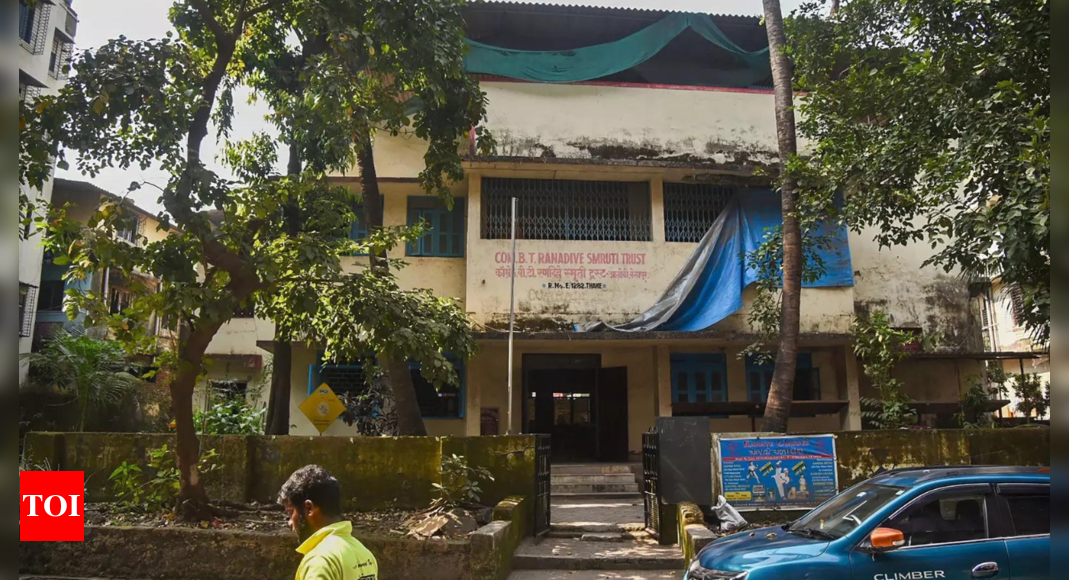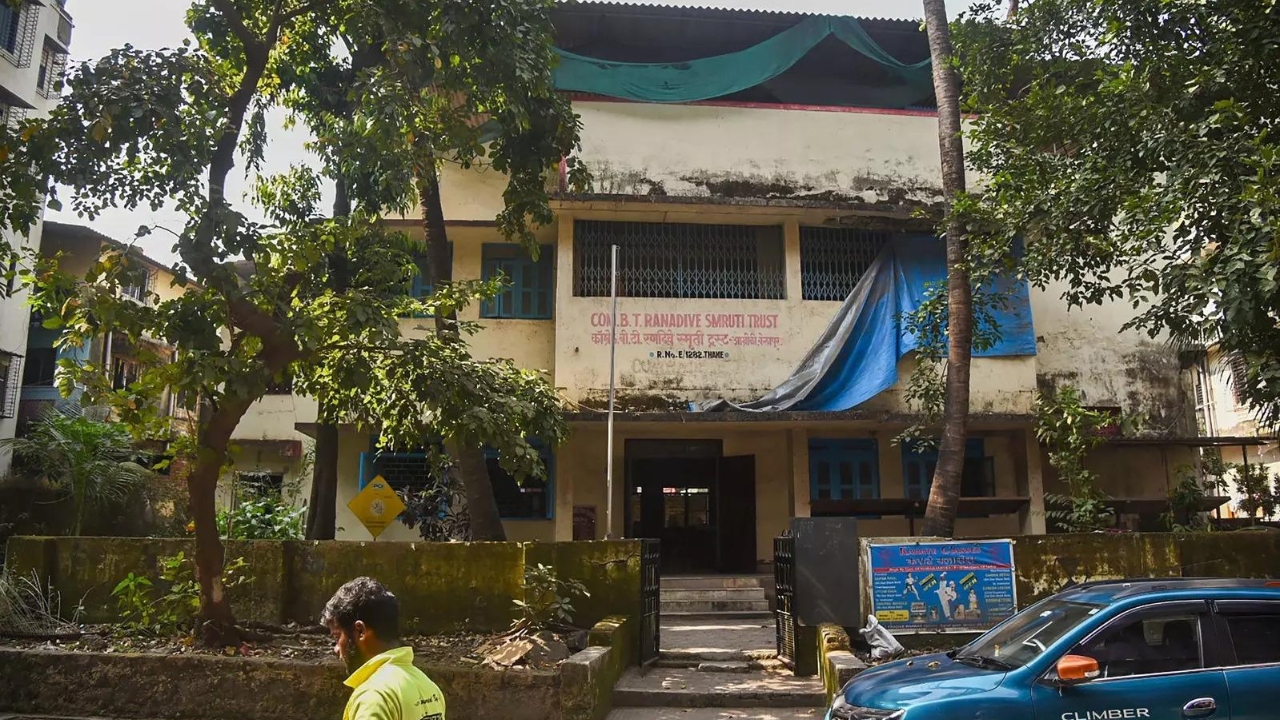[ad_1]
NEW DELHI: Bhima Koregaon case accused Gautam Navlakha, in house arrest since November 2022 at Mumbai’s Comrade BT Ranadive Memorial Library with companion Sahba Hussain, is facing a demand of Rs 1.64 crore from authorities towards escort protection charges, of which he has paid only Rs 10.4 lakh.
Appearing for National Investigation Agency (NIA), additional solicitor general S V Raju informed a bench of Justices M M Sundresh and S V N Bhatti the agency’s opposition to a year-old plea of Hussain, on behalf of Navlakha, for shifting his house arrest location from Mumbai to Delhi.NIA has challenged a Bombay HC order granting him bail in December last year.
Raju and advocate Kanu Agrawal said, “As far as house arrest is concerned, they are supposed to make a payment of Rs 1.64 crore. This is due and payable. They must first make this payment.” Navlakha’s counsel Nithya Ramakrishnan immediately said this amounted to “extortion“. How can an agency which keeps an accused under house arrest and demand such an exorbitant amount, she asked. Agrawal said the amount is relatable to the facilities Navlakha and his companion demanded.
Raju objected to the legitimate dues being referred to as ‘extortion’ when it was voluntarily agreed by Navlakha to pay for his house arrest security and facilities. He said Navlakha should pay some amount towards what is due and payable, Ramakrishnan said some amount has already been paid. Navlakha had on November 19, 2022, paid Rs 2.4 lakh and on the court order of April 28 last year, deposited Rs 8 lakh more.
When Ramakrishnan reiterated that authorities can’t demand more than a crore of rupees from a citizen kept under house arrest, Raju said, “Not all citizens facing grave charges are allowed to stay under house arrest. Moreover, Navlakha had agreed to pay for the cost of house arrest facilities.”
When Ramakrishnan said that Navlakha pays income tax and that there must be an upper limit of what a citizen under house arrest be directed to pay, Justice Bhatti said the court must understand the facts of the case and then would examine the income tax part of the argument.
Justice Sundresh said the matter would require detailed hearing and adjourned the proceedings.
Appearing for National Investigation Agency (NIA), additional solicitor general S V Raju informed a bench of Justices M M Sundresh and S V N Bhatti the agency’s opposition to a year-old plea of Hussain, on behalf of Navlakha, for shifting his house arrest location from Mumbai to Delhi.NIA has challenged a Bombay HC order granting him bail in December last year.
Raju and advocate Kanu Agrawal said, “As far as house arrest is concerned, they are supposed to make a payment of Rs 1.64 crore. This is due and payable. They must first make this payment.” Navlakha’s counsel Nithya Ramakrishnan immediately said this amounted to “extortion“. How can an agency which keeps an accused under house arrest and demand such an exorbitant amount, she asked. Agrawal said the amount is relatable to the facilities Navlakha and his companion demanded.
Raju objected to the legitimate dues being referred to as ‘extortion’ when it was voluntarily agreed by Navlakha to pay for his house arrest security and facilities. He said Navlakha should pay some amount towards what is due and payable, Ramakrishnan said some amount has already been paid. Navlakha had on November 19, 2022, paid Rs 2.4 lakh and on the court order of April 28 last year, deposited Rs 8 lakh more.
When Ramakrishnan reiterated that authorities can’t demand more than a crore of rupees from a citizen kept under house arrest, Raju said, “Not all citizens facing grave charges are allowed to stay under house arrest. Moreover, Navlakha had agreed to pay for the cost of house arrest facilities.”
When Ramakrishnan said that Navlakha pays income tax and that there must be an upper limit of what a citizen under house arrest be directed to pay, Justice Bhatti said the court must understand the facts of the case and then would examine the income tax part of the argument.
Justice Sundresh said the matter would require detailed hearing and adjourned the proceedings.
[ad_2]
Source link


